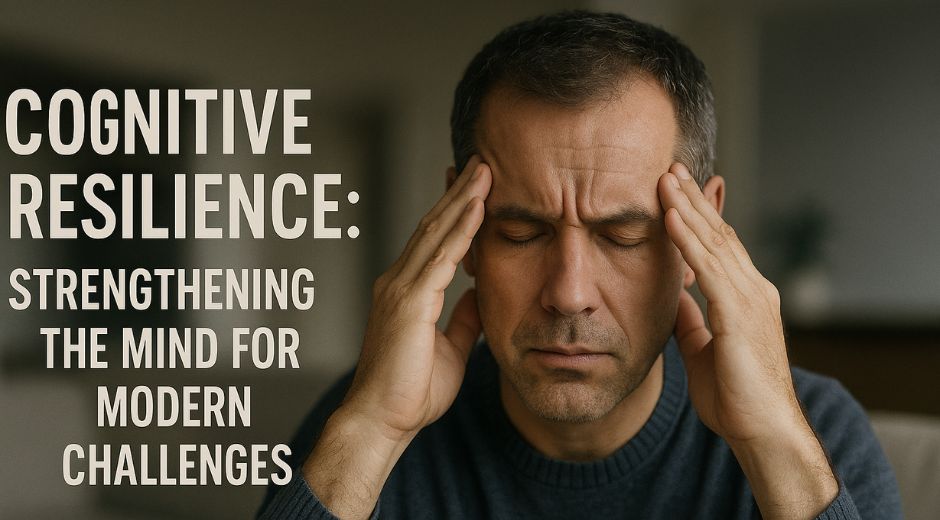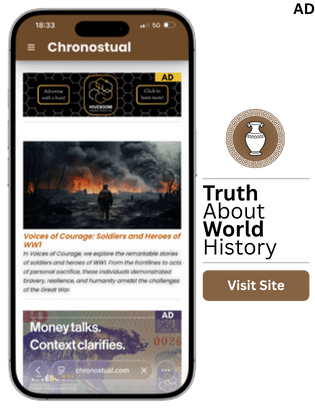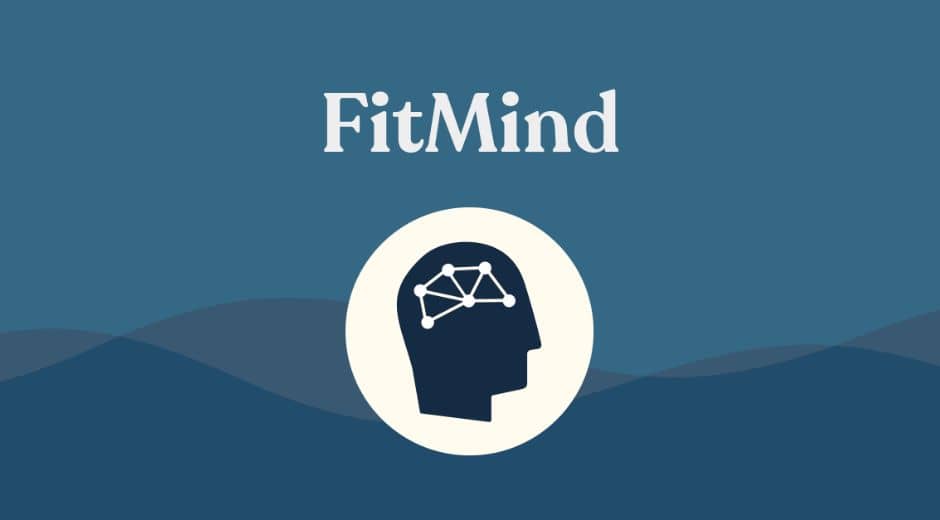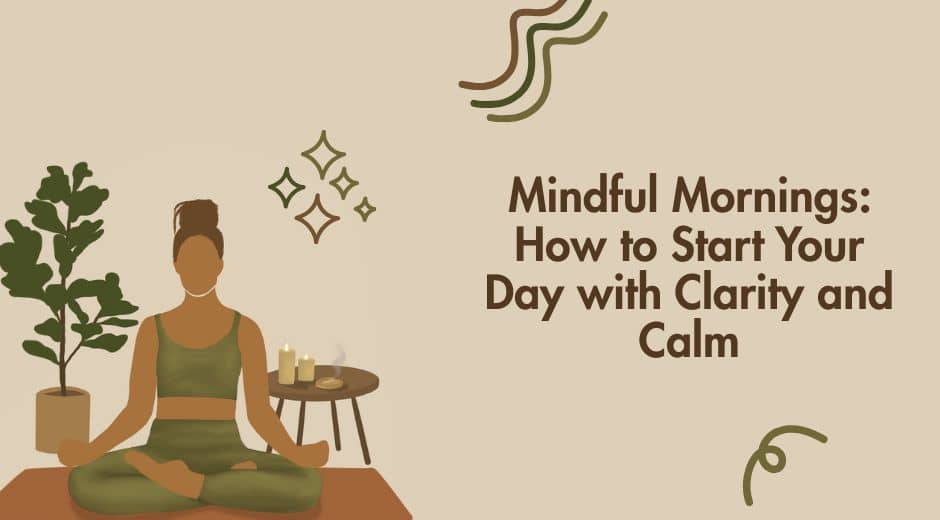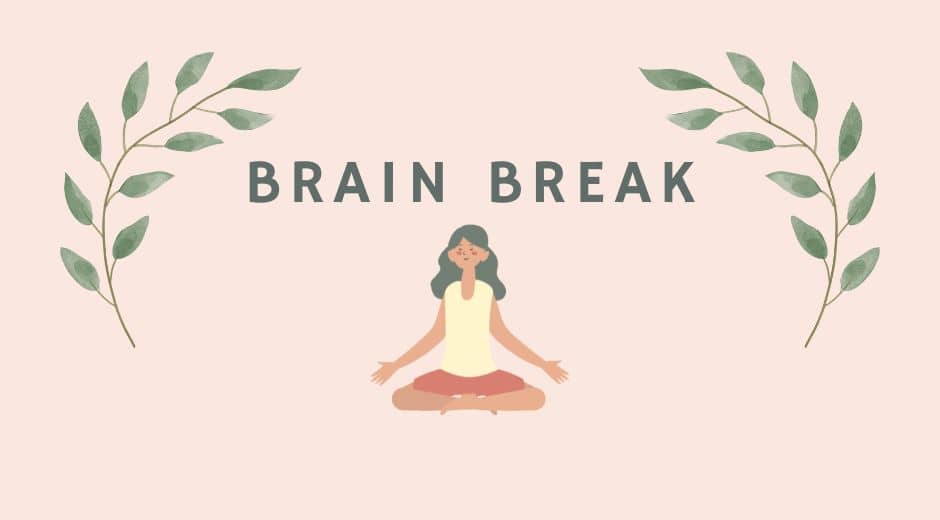Cognitive Resilience: Strengthening the Mind for Modern Challenges
Cognitive Resilience: Strengthening the Mind for Modern Challenges
In an era defined by constant stimuli, rapid change, and rising stress levels, developing cognitive resilience has become essential. Cognitive resilience refers to the brain’s ability to adapt, recover, and maintain performance under pressure. It encompasses mental agility, emotional stability, and the capacity to learn from challenges—skills that are increasingly valuable in professional, social, and personal contexts.
Understanding Cognitive Resilience
Cognitive resilience is not innate; it can be cultivated through deliberate practice and lifestyle interventions. It involves the brain’s ability to manage stress, sustain focus, and recover from setbacks. According to Healthline.com, resilient individuals demonstrate improved problem-solving skills, greater emotional control, and reduced vulnerability to anxiety and depression.
Key components of cognitive resilience include:
Neuroplasticity: The brain’s ability to form new neural connections, enabling learning and adaptation.
Emotional Regulation: Managing reactions to stress and adversity while maintaining clarity.
Attention Control: The ability to maintain focus amid distractions.
Stress Recovery: Efficient physiological and mental recovery after challenging events.
Strategies to Cultivate Cognitive Resilience
1. Mindfulness and Meditation
Practices such as mindfulness meditation, breathwork, and body scans strengthen cognitive resilience by improving attention control and emotional regulation. Regular meditation enhances neural pathways involved in executive function and stress management, allowing individuals to respond to challenges with clarity and composure.
2. Cognitive Training Exercises
Engaging in activities that challenge memory, problem-solving, and pattern recognition boosts brain function. Examples include:
Brain-training apps
Strategy-based games like chess
Puzzles and logic exercises
Such activities reinforce neural plasticity, a key component of cognitive resilience.
3. Physical Exercise and Cognitive Health
Exercise not only strengthens the body but also the mind. Aerobic activity increases blood flow to the brain, promotes neurogenesis, and improves mood. Strength training and functional movement exercises support executive function, concentration, and overall mental resilience. Bodywellnessgroup.com emphasizes the mind-body connection as a foundational element of cognitive performance.
4. Sleep Optimization
Sleep is critical for cognitive repair and memory consolidation. Quality sleep enhances attention, emotional stability, and learning ability. Strategies to improve sleep include:
Maintaining a consistent sleep schedule
Reducing screen time before bed
Creating a calming bedtime routine
5. Nutrition for the Brain
Diet influences cognitive function. A nutrient-rich, plant-forward diet can enhance focus, memory, and resilience. Key nutrients include:
Omega-3 fatty acids (from chia, flax, walnuts)
Antioxidants (berries, leafy greens)
Protein for neurotransmitter synthesis (legumes, tofu, tempeh)
Proper hydration also supports cognitive performance and stress management.
6. Stress Management Techniques
Chronic stress impairs cognition and reduces resilience. Mindful breathing, progressive muscle relaxation, and journaling are effective methods to reduce stress and enhance mental flexibility. Incorporating these into daily routines strengthens cognitive resilience by enabling adaptive responses under pressure.
7. Social and Community Engagement
Supportive social networks provide emotional resources that buffer against stress. Positive interactions, mentorship, and group activities foster cognitive flexibility and emotional intelligence. Community involvement enhances both resilience and overall wellbeing.
Technological Tools to Support Cognitive Resilience
Digital tools can enhance cognitive resilience by offering structured exercises, tracking progress, and providing guided practices. Examples include:
Meditation apps for daily mindfulness sessions
Cognitive training platforms with adaptive challenges
Digital journals for emotional processing and reflection
Bodywellnessgroup.com offers resources to integrate technology into daily routines without contributing to digital overload, balancing connectivity with focus.
Challenges and Barriers
Digital Overload
While technology can support resilience, excessive screen time and multitasking can hinder cognitive function. Implementing digital boundaries, scheduled breaks, and focus-driven work blocks help mitigate these risks.
Chronic Stress and Burnout
Persistent stress reduces neuroplasticity and increases susceptibility to cognitive decline. Proactive stress management and lifestyle adjustments are essential to maintain resilience.
Sleep Disruptions
Urban lifestyles often interfere with adequate rest. Emphasizing sleep hygiene, relaxation routines, and reducing stimulants can mitigate these effects.
Measuring Cognitive Resilience
Indicators of cognitive resilience include:
Ability to recover quickly from stress
Sustained attention and concentration
Emotional stability during challenges
Improved problem-solving under pressure
Journals, self-assessment tools, and cognitive testing apps help track progress and guide targeted improvements.
Conclusion
Cognitive resilience is a critical skill for navigating modern life’s complexities. By integrating mindfulness, exercise, sleep optimization, proper nutrition, and supportive social structures, individuals can strengthen their mental adaptability and emotional stability. Leveraging technology thoughtfully enhances these strategies, creating a sustainable framework for mental performance and wellbeing.
For further guidance on enhancing cognitive resilience, visit Bodywellnessgroup.com. For evidence-based mindfulness techniques, see Healthline.com, and for insights on mental agility and brain health trends, check Chronostual.com.
Cultivating cognitive resilience empowers individuals to thrive, respond effectively to challenges, and maintain focus and composure in an increasingly fast-paced and unpredictable world.
Wellness Made Simple
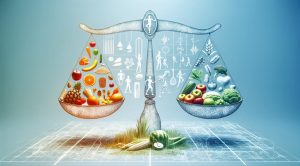
Energy Balance Habits For Sustainable Performance
Energy Balance Habits For Sustainable Performance

Holistic Body Care Beyond Exercise And Diet
Holistic Body Care Beyond Exercise And Diet

Physical Ease Practices For Pain Free Movement
Physical Ease Practices For Pain Free Movement

Why Athletes Load Manage: Protecting the Body for the Long Game
Why Athletes Load Manage: Protecting the Body for the Long Game

Wellness Rhythm For Balanced Daily Living
Wellness Rhythm For Balanced Daily Living

Building Body Resilience Through Consistent Habits
Building Body Resilience Through Consistent Habits

Movement For Wellness Without Overtraining
Movement For Wellness Without Overtraining

Calm Body Practices For Stress Sensitive Nervous Systems
Calm Body Practices For Stress Sensitive Nervous Systems
